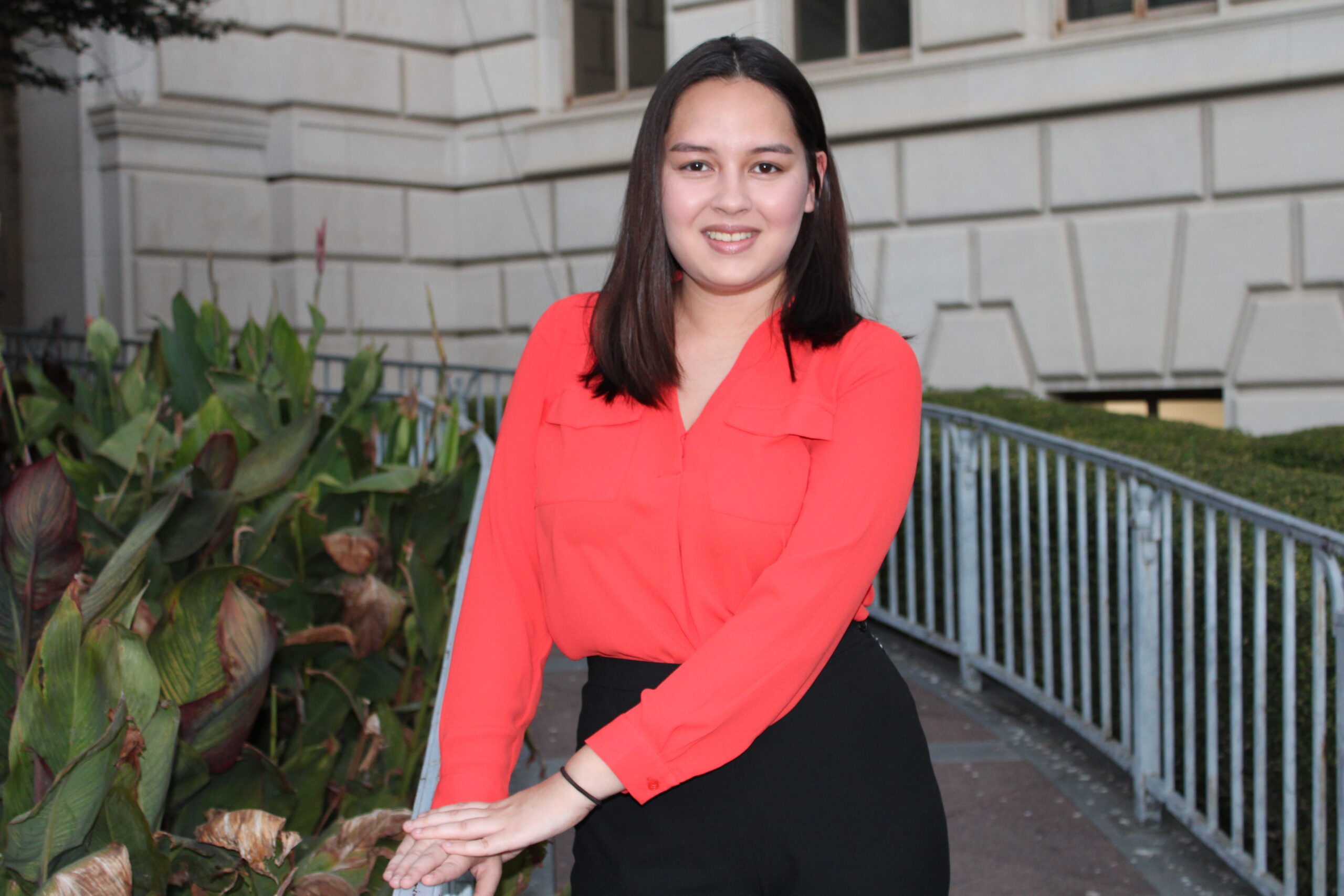Abortion, defined as a medical intervention to end a pregnancy, has remained a contentious issue in American politics and the judicial system for decades. The right to an abortion was first granted in the 1973 Supreme Court decision Roe v. Wade, which ruled that the Fourteenth Amendment right to personal privacy” included the right to an abortion without “extreme” government restriction. After the ruling, some areas of the country remained “resistant to abortion”, and legislators tested the extent of the ruling via state-level restrictions on abortion access. One such abortion restriction law was appealed to the Supreme Court in 2022, leading to the monumental Dobbs v. Jackson Women’s Health Organization decision which overturned the right to abortion established in Roe. The Dobbs ruling asserted that the Constitution does not guarantee the right to an abortion, thereby leaving the regulation of abortion to individual states. As the 2024 presidential election approaches, abortion rights have become a pivotal issue, with measures related to abortion appearing on ballots in 10 states.
Kamala Harris: Harris has strongly urged Congress to pass legislation that would federally codify the right to an abortion. During the past presidential debate, she promised to sign such a bill into law if it crossed her desk as President. Harris has stated that she supports the abortion limitations set in Roe. Wade, which protect abortion up until the point of fetal viability. As Senator, Harris cosponsored legislation that would ban states from imposing restrictions on abortion access. During her time as Vice President, Harris worked to protect access to FDA-approved abortion medication, promote reliable sources of information on abortion, and support those who must travel to seek reproductive health care.
Donald Trump: Throughout his political career, Trump has vocally opposed abortion. In 2016, he ran on the promise that he would appoint Supreme Court justices to overturn Roe v. Wade. Trump kept that promise, nominating three Supreme Court justices who gave the court a 6-3 conservative majority that later overturned the right to an abortion in the Dobbs decision. More recently, Trump’s outward stance on abortion has become less staunch. In March, Trump suggested that he would support a federal abortion ban after 15 weeks gestation. However, in October, he tweeted that he would “not support a federal abortion ban under any circumstances.” When questioned on his abortion stance during the last presidential debate, Trump refused to answer whether or not he would sign a federal abortion ban, stating that abortion restrictions should be left to the states to decide.
Jill Stein: Stein strongly supports restoring abortion access nationally, stating “reproductive care should be part of a comprehensive system of healthcare” in an August interview. In an Instagram post on September 21st, she stated that “safe abortion access is a human right” and that abortion bans are “killing women.” In the same post, she criticized Democrats for failing to codify Roe v. Wade.
Cornel West: West is an advocate for “unfettered access to comprehensive reproductive healthcare,” including “safe and legal abortion.” In 2022, West participated in Rise Up 4 Abortion Rights protests for abortion access in front of the Supreme Court. West also strongly supports the national codification of abortion rights.



